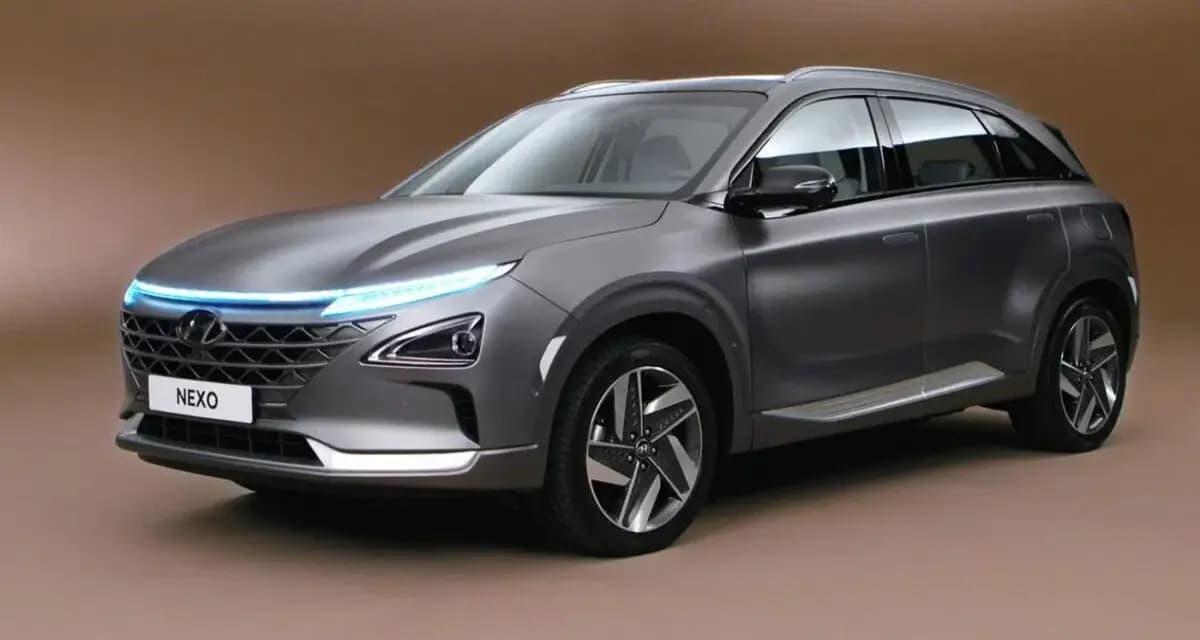Hyundai Motor India Limited (HMIL) has made a massive stride forward in introducing sustainable mobility, with the inaugural road testing of its Nexo FCEV (TM Fuel Cell Electric Vehicle) in India. The exercise is part of a joint initiative with Indian Oil Corporation Ltd (IOCL) to evaluate the possibility of hydrogen fuel cell technology for future prospects under Indian driving and environmental conditions.
The Memorandum of Understanding (MoU) will charge IOCL with one single Hyundai Nexo meant to be driven once for 40,000 km. The pilot project will accumulate real-world data critical for its assessment across total cost of ownership, long-term durability, and hydrogen as a viable green fuel in all its worth.
Driving Through Towards a Hydrogen Future
Indeed, this pathway is India's dream to be energy self-sufficient by 2047 and to identify several paths away from traditional fossil sources. Hydrogen fuel cells are, of course, among zero-emission alternatives for they will at least only emit water vapor as opposed to the noxious fumes coming from inboard combustion engines.
On this occasion, Unsoo Kim MD of the Hyundai Motor India went on to add the line: "We are bringing in Hyundai's global hydrogen technology by Indian energy know-how. This is another third time that we work with IOCL for these initiatives to make green hydrogen accessible, sustainable, and viable for wide adoption."
Molding a Hydrogen Ecosystem
The project reflects to some extent a similar initiative in 2022 when Toyota collaborated with the ICAT to test its Mirai FCEV in India. The partnership between Hyundai with IIT Madras intends to facilitate establishing a Hydrogen Innovation Centre to support R&D in localisation and long-term hydrogen mobility development. Cope this initiative within the broader purview of India's Green Energy Vision.
The globe stands on tiptoe awaiting net zero, and India wants several approaches to cleaner transitions in transport. While lithium-ion battery-powered electric vehicles are hogging the limelight, hydrogen FCEVs have an equally promising parallel pathway providing relatively less environmental burden compared to the earlier vehicles, particularly in terms of refueling time and range.
With resources for these initiatives, IOCL last year opened the first hydrogen plant in Mathura. Indeed, this joint venture can also be understood as the first in a series of ventures into the hydrogen future of vehicles in India.
Also Read:

